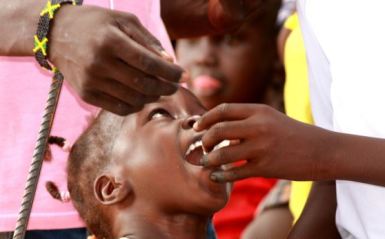Aid agencies step up responses to Cholera outbreak in Sudan
November 16, 2023 (KHARTOUM) – United Nations agencies and partners are scaling up response to the outbreak of the deadly Cholera disease, which was first declared in Gedaref state of Sudan on September 26..
On Tuesday, the UN office for humanitarian affairs (OCHA) said Cholera vaccines are expected to arrive in Sudan this month as the country continues to face a deadly outbreak of the disease amidst the ongoing war.
At least 2,525 suspected cases of acute watery diarrhea have been reported, including 78 associated deaths, in 27 localities across 7 states.
According to OCHA’s latest humanitarian bulletin, more than 3.1 million people are estimated to be at risk through the end of the year.
Humanitarian agencies are reportedly supporting the detection and treatment of cases, while surveillance is ongoing in affected and high-risk areas to identify and address risk factors.
Furthermore, OCHA said, the international mechanism that manages and coordinates emergency vaccine supply has approved the authorities’ request for nearly three million doses of oral cholera vaccines that will be used in campaigns in nine localities in Gedaref and two other states.
The cholera outbreak is taking place against the background of conflict that erupted in mid-April between the Sudanese army (SAF) and a rival paramilitary group known as the Rapid Support Forces (RSF).
More than six million people have fled their homes, with 1.2 million escaping across the border, the UN said.
Meanwhile the UN refugee agency (UNHCR) recently warned that reports of continued sexual violence, torture, killings, and other violations in West Darfur echo atrocities committed 20 years ago.
The conflict is “straining the health system to its limits”, the World Health Organization (WHO) Director-General Tedros Adhanom Ghebreyesus said Monday.
“As violence escalates in Darfur, numerous individuals are fleeing to Chad in search of safety, further burdening an already fragile nation,” he wrote.
Although WHO “is actively coordinating with partners to establish mobile clinics, enhance surveillance, and distribute essential medicines and supplies,” Tedros said, adding that efforts are being hampered by “the challenging security situation, as well as bureaucratic and administrative obstacles that impede access.”
He appealed to the international community to focus attention on Sudan and the pressing needs there.
(ST)

